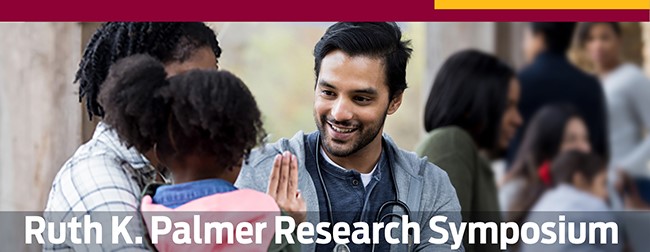Credentials of Corresponding Author
RN, MSN, CCRN
Name of Faculty Advisor
Dr. Audrey Klopp
Nature and scope of the project
Nature and Scope of Project: The purpose of this DNP project is to answer the question, “At Loyola University Chicago pre-licensure accelerated bachelor of science nursing program, does deliberate practice in simulation increase practice competence?”
Synthesis and analysis of supporting literature
Synthesis and Analysis of Supporting Literature: New graduate nurses are leaving the profession at an alarming rate due to a gap between academic preparation and actual readiness for practice. Simulation is an effective teaching strategy for nursing education aimed at decreasing the gap. Pre-licensure nursing programs across the United States are utilizing high quality simulation to augment the clinical experience and substituting simulation experiences for up to 50% of clinical hours as recommended the National Council of State Boards of Nursing. The American Association of Colleges of Nursing is now requiring nursing programs to demonstrate student competency to maintain their institutional accreditation.
Project implementation
Project Implementation: For this project a basic resuscitation simulation with be utilized as the exemplar however, any simulation could be substituted. Based on the American Heart Association’s Resuscitation Quality Improvement (RQI) work, the project participants will perform simulation three separate resuscitation simulations which includes: a pre-briefing component, simulation, and debriefing session. The International Nursing Association for Clinical Simulation and Learning’s (INACSL) Healthcare Simulation Standards of Best Practice will be upheld throughout the project.
Evaluation criteria
Evaluation Criteria: The Creighton Competency Evaluation Instrument will be used to evaluate the students’ competency. In addition, two timed intervals will be measured: 1) the length of time the student takes to recognize pulselessness and until the pulse is verified as absent and 2) the time the student takes to recognize pulselessness and begin the first compression.
Outcomes
Outcomes: Project begins February 11th, 2022. The anticipated outcome, based on the evidenced reviewed as the basis of this project, is with each cycle repetition the times for execution of each action will decrease.
Recommendations
Recommendations: Pending completion of the project.
Using Deliberate Practice in Simulation to Increase Competence: A Quality Improvement Project


